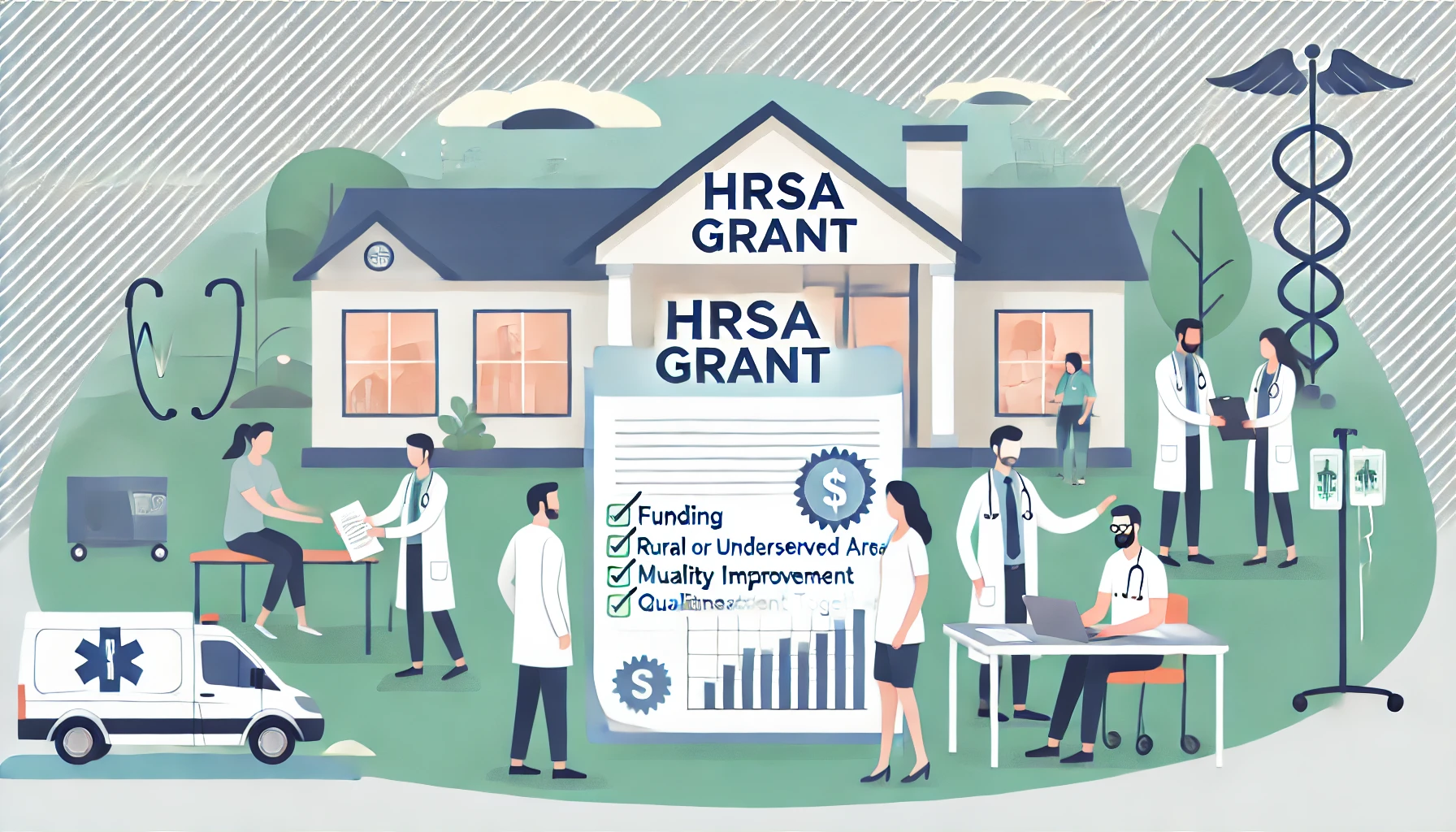
Table of Contents

Patient-centered care transforms healthcare by prioritizing personalized communication, empathy, collaboration, and tech-driven solutions to improve patient experiences.
Patient-centered care transforms healthcare by prioritizing personalized communication, empathy, collaboration, and tech-driven solutions to improve patient experiences.
Patient-Centered Care: Unveiling America's Top Medical Practices
In an era where healthcare increasingly focuses on patient experience, understanding what truly defines exceptional medical care has become more critical than ever. A recent investigative report from OnFocus News (original article: https://www.onfocus.news/best-medical-practices-in-america-according-to-patients/) offers fascinating insights into how patients perceive quality healthcare across the United States.
The Essence of Patient-Centered Care
Patient-centered care is more than a buzzword—it's a comprehensive approach that prioritizes individual patient needs, preferences, and experiences. Our analysis reveals several key dimensions that distinguish top-performing medical practices:
- Personalized Communication: Practices that excel in clearly explaining medical conditions and treatment options
- Empathetic Interactions: Healthcare providers who demonstrate genuine compassion and understanding
- Collaborative Decision-Making: Involving patients actively in their treatment plans
Critical Components of Exceptional Medical Care
According to the OnFocus News report, patients consistently rated medical practices highest when they demonstrated:
- Minimal wait times
- Comprehensive care coordination
- Transparent billing processes
- Advanced technological integration
The Role of External Peer Review
One critical yet often overlooked mechanism for maintaining high-quality patient care is external peer review. At Medplace, we recognize that independent medical evaluations can significantly enhance healthcare quality and patient safety.
External peer review provides:
- Objective assessment of medical practices
- Identification of potential improvement areas
- Validation of treatment protocols
- Enhanced accountability
Challenges in Achieving Patient-Centered Care
Despite promising trends, significant obstacles remain in delivering consistently high-quality healthcare. Healthcare systems must confront:
- Systemic communication barriers
- Inconsistent provider training
- Complex administrative processes
- Technology integration challenges
Innovative Solutions and Strategies
Progressive medical practices are addressing these challenges through:
- Advanced Training Programs: Emphasizing interpersonal skills alongside clinical expertise
- Technology Integration: Implementing patient portals and digital communication platforms
- Continuous Quality Improvement: Leveraging data-driven insights from patient feedback
The Future of Patient-Centered Care
The trajectory of healthcare is unmistakably moving towards more personalized, transparent, and patient-focused models. Key drivers include:
- Technological advancements
- Evolving patient expectations
- Regulatory emphasis on quality metrics
- Growing recognition of holistic healthcare approaches
Medplace's Commitment
At Medplace, we're committed to supporting this transformation by providing a robust platform that connects healthcare providers with highly credentialed professionals across 132 specialties. Our external peer review services enable organizations to:
- Enhance patient safety protocols
- Validate medical practices
- Drive continuous improvement
Conclusion
Patient-centered care represents more than a trend—it's a fundamental reimagining of healthcare delivery. By prioritizing individual patient experiences, leveraging technology, and maintaining rigorous quality standards, medical practices can create more meaningful, effective healthcare environments.
As the healthcare landscape continues to evolve, embracing patient-centered principles will be crucial in delivering exceptional medical care.

Unlocking Funding: A Guide to Health Resources and Services Administration (HRSA) Grants
Use HRSA grants to fund external peer review programs that enhance care quality, reduce bias, and support compliance in health centers.
.png)
.png)

Understanding Critical Access Hospitals: Definition, Criteria, Requirements, and Medicare Designation
A brief summary of CAH requirements and Medicare Designation.
.png)
.png)

Strategies to Improve the Quality of Care and Patient Safety
Healthcare orgs improve care quality through structured programs, with external peer review adding objectivity, expertise, and efficiency to the quality ecosystem.
.png)
.png)



.png)
.png)
.png)






.png)